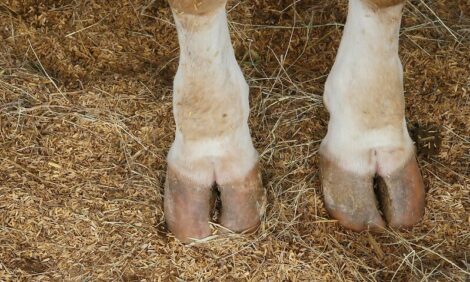



EU lawmakers back ban on goods linked to deforestation
Food and other goods must not be grown on deforested landThe European Parliament approved a landmark deforestation law on Wednesday to ban imports into the EU of coffee, beef, soy and other commodities if they are linked to the destruction of the world's forests, reported Reuters.
The law will require companies that sell goods into the European Union to produce a due diligence statement and "verifiable" information proving their goods were not grown on land deforested after 2020, or risk hefty fines.
The rules aim to eliminate deforestation from the supply chains of a range of everyday items sold in Europe. It will apply to soy, beef, palm oil, wood, cocoa, coffee, rubber, charcoal, and derived products including leather, chocolate and furniture.
Deforestation is responsible for about 10% of global greenhouse gas emissions that drive climate change, and the landmark law aims to tackle the EU's contribution to this.
"European consumers can now rest assured that they will no longer be unwittingly complicit in deforestation," said Parliament's negotiator on the law, Christophe Hansen.
The law does not target any one country, but has faced pushback from some that it would affect.
Indonesia and Malaysia, the world's largest palm oil exporters, have accused the EU of blocking market access for their palm oil. The EU is the world's third-largest palm oil importer.
Malaysia has said it could stop exporting palm oil to the EU in response to the law, while palm oil smallholders warn that they cannot comply with its requirement to prove where goods were produced, using geolocation data.
The EU Parliament approved a deal on the rules, which was agreed by EU negotiators last year.
The law needs formal approval from EU countries - a process that typically waves through pre-agreed laws - before it can enter into force. Once that happens, large companies would have 18 months to comply, and smaller firms 24 months.
Companies that fail to comply could face fines of up to 4% of a company's turnover in an EU member state. EU countries will carry out compliance checks to enforce the rules.



